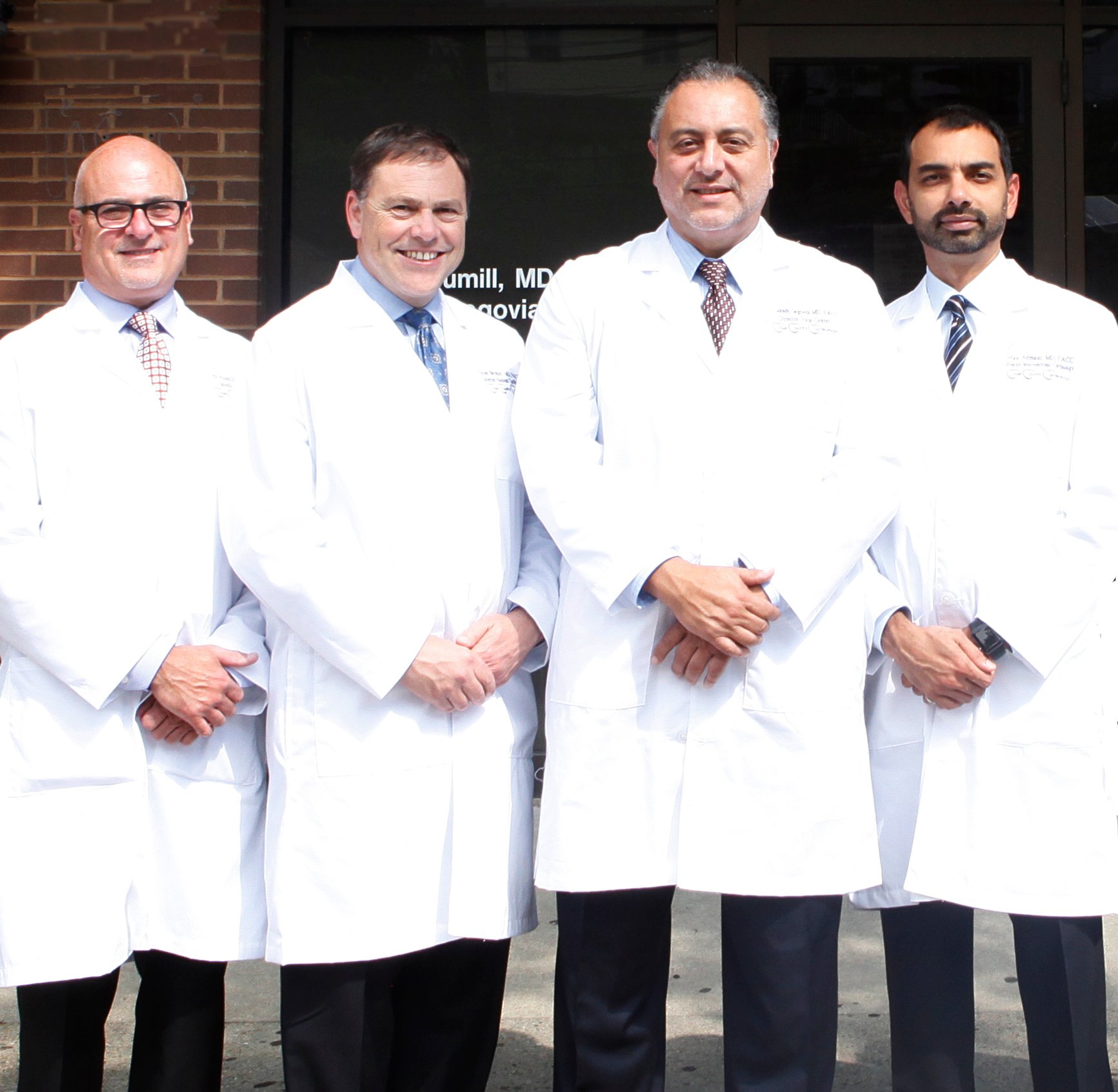An estimated 2 to 6 million Americans have a type of irregular heartbeat called atrial fibrillation, or AFib. But because AFib doesn’t always display strong symptoms, many of these people don’t know they have it. In this article, the best heart doctors in Bergen County explain why it’s important to know, because having atrial fibrillation makes you five times more likely to have a stroke.
What is a stroke?
A stroke happens when blood flow to the brain is impaired or blocked. Without an adequate supply of oxygen and nutrients, brain cells begin to die, and can quickly cause irreversible brain damage or death.
Stroke is the #3 leading cause of death in America, and the #1 cause of long-term disability. So it makes sense that you’d want to know if there is something that increases your risk of having a stroke.
What is atrial fibrillation, and why is it connected to increased stroke risk?
In a healthy individual, the heart’s electrical system controls the pumping of blood with a steady, efficient rhythm. Atrial fibrillation occurs when the upper two chambers of the heart (the atria) begin to beat too fast, and with an irregular rhythm (fibrillation, or arrhythmia). If you have AFib, your atria begin to flutter or quiver, causing an irregular heartbeat.
In some people, this can cause symptoms such as heart palpitations, chest pain, dizziness or fainting, shortness of breath, and tiredness. But the real danger of AFib is that it decreases the heart’s ability to pump blood by as much as 30%. This can turn an area of the heart called the left atrial appendage (LAA) into a pool of sticky blood in which blood clots are likely to form. A stroke happens when one or more of these blood clots travel through the arteries to the brain, and blocks proper blood flow there.
How is atrial fibrillation diagnosed and treated?
The test most often used by cardiology specialists to detect AFib is called an electrocardiogram, or ECG. It’s a painless, non-invasive test that measures the electrical activity of your heart. If you are experiencing an episode of AFib while the ECG is being recorded, it shows up clearly in the output.
AFib episodes can be unpredictable, however, and may not always occur while you’re in the doctor’s office. In these cases, to make a definitive diagnosis, the cardiologist may ask you to wear a portable event or Holter monitor, which records heart activity as you go about your day. The heart doctors can then analyze the monitor’s readouts later to see if you have AFib.
If you are diagnosed with atrial fibrillation, in many cases it can be controlled using drug therapies. More severe fibrillation can be controlled using an Implantable Cardioverter Defibrillator (ICD) to shock the heart back into a normal rhythm if it begins to fluctuate. Other minimally-invasive procedures such as catheter ablation can directly target the tissues responsible for the arrhythmia.
To learn more about atrial fibrillation or to schedule an examination to find out if you have it, call our offices today at 201-299-4479 or go online. We want to do everything in our power to help you keep your heart healthy.



